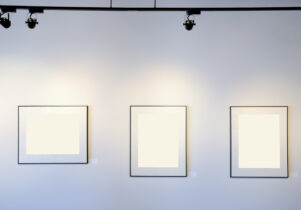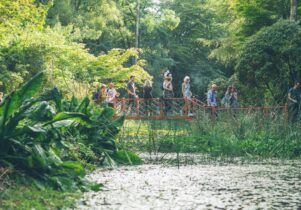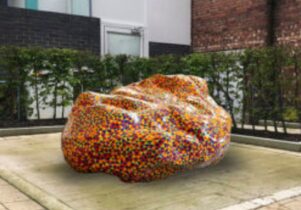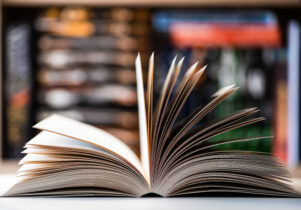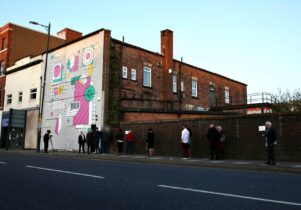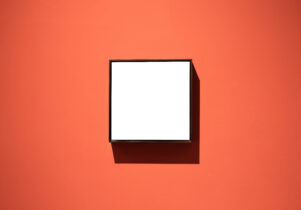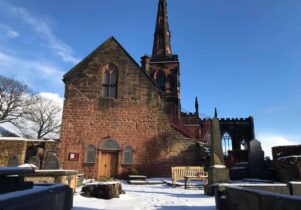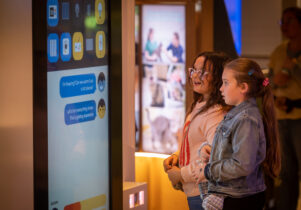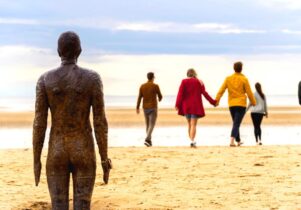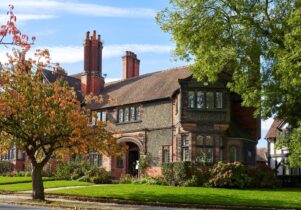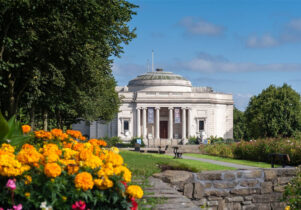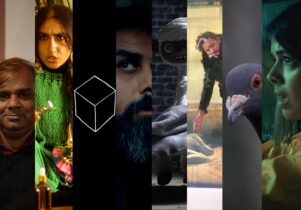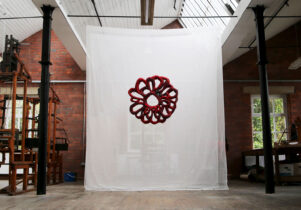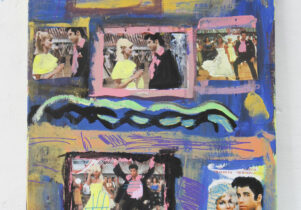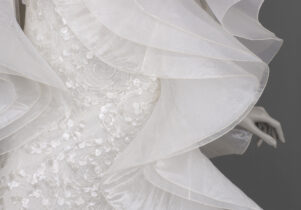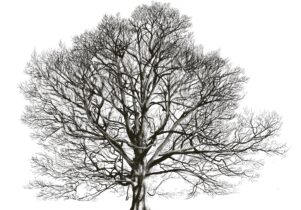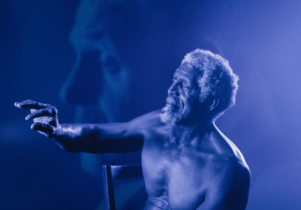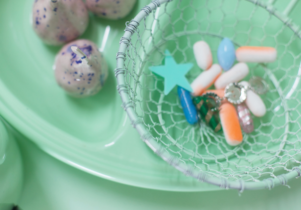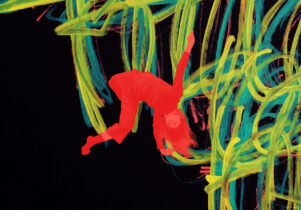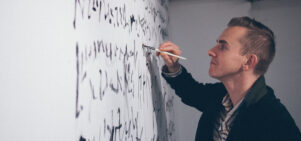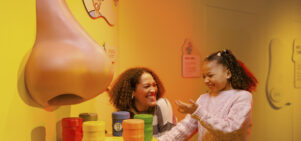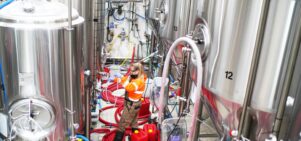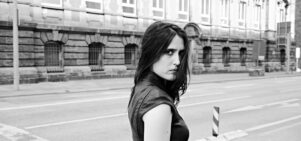Paul Maheke: To Be Blindly Hopeful at Mostyn
Maja Lorkowska, Exhibitions EditorVisit now
Paul Maheke: To Be Blindly Hopeful
Always double check opening hours with the venue before making a special visit.
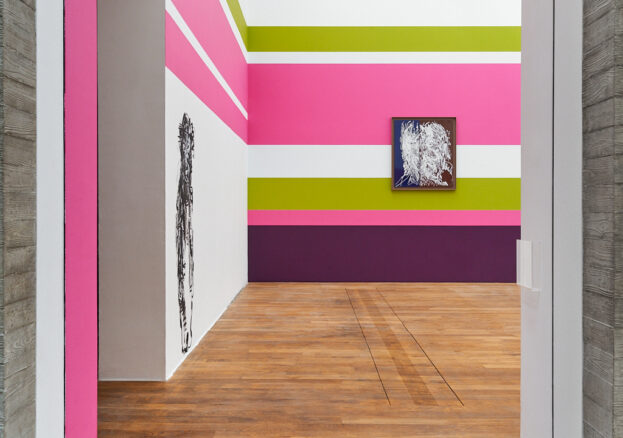
Paul Maheke’s work comes to Llandudno, with Mostyn gallery currently being home to To Be Blindly Hopeful, the largest solo exhibition of his work in the UK.
The multidisciplinary artist was born to Congolese parents, previously based in France and now resides in London. His practice spans drawing (which is the focus of To Be Blindly Hopeful), dance, video, installation, performance and the combination of these fields.
Conceptually, Maheke is interested in an array of subjects but he regularly comes back to decolonial practices and identity politics. Despite the monumentality of these interests, however, he does not shy away from more personal expression as well, focusing on his own history, spirituality and experiences. In fact, it is the tension between the personal and the public that often propels his artistic concepts. Maheke describes his work as Black and queer but these are not his subjects, rather they characterise his oeuvre.
The title of the show is taken from the artist’s journal (available to read on the website and in the gallery), written between 2020 and 2021, where he describes recent traumatic experiences he was subjected to by an ex-partner. The works in the exhibition are, in a way, a response to this period and Maheke’s processing of the experience, with flashbacks and fragments being directly addressed, such as in the film Taboo Durag (2021) where the artist appears to dance through the trauma and allows his body to feel the intensity of any emotions that arise.
To Be Blindly Hopeful mainly consists of Maheke’s drawings, some directly on the walls using his digitally produced pieces, while others are painted using acrylic pens on aluminium panels. There are coloured stripes on the walls behind the drawings, adding another visual layer.
Despite the dark origins of the show, it is actually rooted in hope as the title suggests: hope as a courageous act of faith in the face of adversity and a force of transformation. Maheke often quotes writer bell hooks: “the space of our lack is also the space of possibility” referring to the possibilities that arise when we embrace the unknown in moments of doubt.

